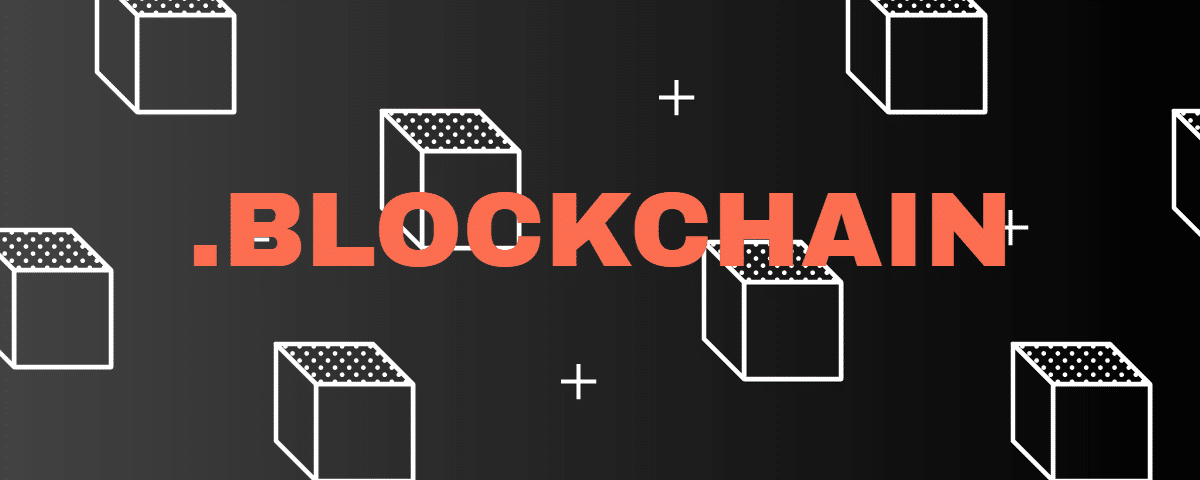It’s hard to create a censor-proof website. And few people need to do that, anyway.

I’ve written a lot about alt-root domain names based on blockchain technology, including Ethereum Name Service, Handshake, and Unstoppable Domains.
One of the selling points cheerleaders pitch is that sites built on these domains are effectively uncensorable. So if you find yourself in the .00001% of the population that might have problems keeping your site online due to censorship, building a website on one of these domains might make sense.
Creating your website won’t be easy, though.
Dries Buytaert recently created a website (or rather, a web page) using IPFS (InterPlanetary File System) and his Ethereum Name Service (ENS) domain dries.eth. Among the challenges and restrictions he faced:
- Websites have to be static. No WordPress here.
- Have to pay multiple hosts rather than just one if you want your site to be truly resilient.
- You have to pay gas fees every time you update a website on IPFS if you connect it to your ENS domain.
- Website updates are not in real-time.
- No mainstream browser has native access to these websites
While Buytaert sees a future for IPFS and ENS, he believes the current use case for building websites on them is limited:
If you are a developer, think of web3 as a growing collection of new “web services”.
IPFS and ENS are two such web services. Today, they mainly provide improved resiliency and censorship protection. If resiliency and censorship protection are important for your website, use them. If they are not, you don’t have to use them. As the owner and developer of https://dri.es, I don’t care about censorship protection. For that reason, I’m happy to keep using traditional hosting technologies. But I do recognize that IPFS and ENS could become more interesting in the future.
The challenges of creating sites on these domains are one of the reasons I’m bearish on their long-term use for websites. There’s a chicken and an egg problem. Previous alt-root attempts failed despite it being easy to create sites on the domains (just needed to forward them to a real web address). Adding complexity makes this even harder.
Where I do see value in these domains is for wallet addresses. Notably, ENS allows you to connect any “real” second level domain to ENS and use it as a wallet address. That seems like the best of both worlds.

